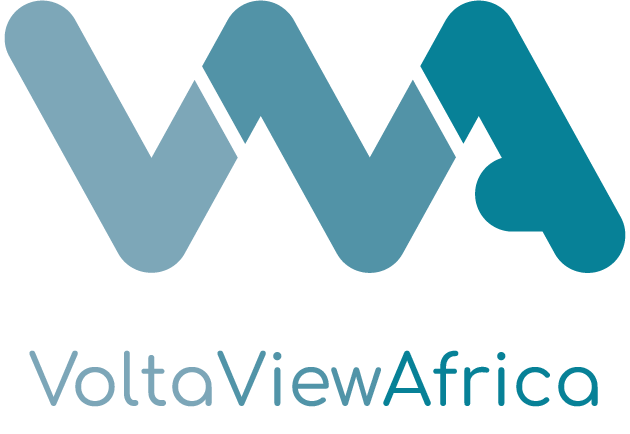References
- J. Falk, M. Angelmahr, W. Schade, H. Schenk-Mathes: Socio-economic impacts and challenges associated with electrification of remote area in rural Tanzania through a mini-grid system; Energ. Ecol. Environ. (2021); https://doi.org/10.1007/s40974-021-00216-3
- J. Falk, A. Nedjalkov, M. Angelmahr, W. Schade: Applying Lithium-Ion Second Life Batteries for Off-Grid Solar Powered System—A Socio-Economic Case Study for Rural Development; Zeitschrift für Energiewirtschaft volume 44, pages47–60 (2020); https://doi.org/10.1007/s12398-020-00273-x
- A. Nedjalkov, J. Meyer, H. Göken, M. V. Reimer, W. Schade: Blueprint and Implementation of Rural Stand-Alone Power Grids with Second-Life Lithium Ion Vehicle Traction Battery Systems for Resilient Energy Supply of Tropical or Remote Regions; Materials 2019, 12(16), 2642; https://doi.org/10.3390/ma12162642
Flyer
- PDF – Clean Energy & Clean Water as a Service: EN, FR, SW
- PDF – Mobility as a Service: EN, FR, SW
- PDF – SuneBoat: EN
Videos
The Powerhouse-Concept at a Glance
VoltaViewAfrica.org is a non-profit organization that builds modular powerhouse systems – designed according to the German Bauhaus building block principle – in sub-Saharan Africa with local partners in order to provide all people with affordable access to clean drinking water and electricity. The technology was developed in Germany by Fraunhofer HHI in cooperation with Clausthal University of Technology. The systems are manufactured and distributed by the partner company VoltaMove GmbH.

